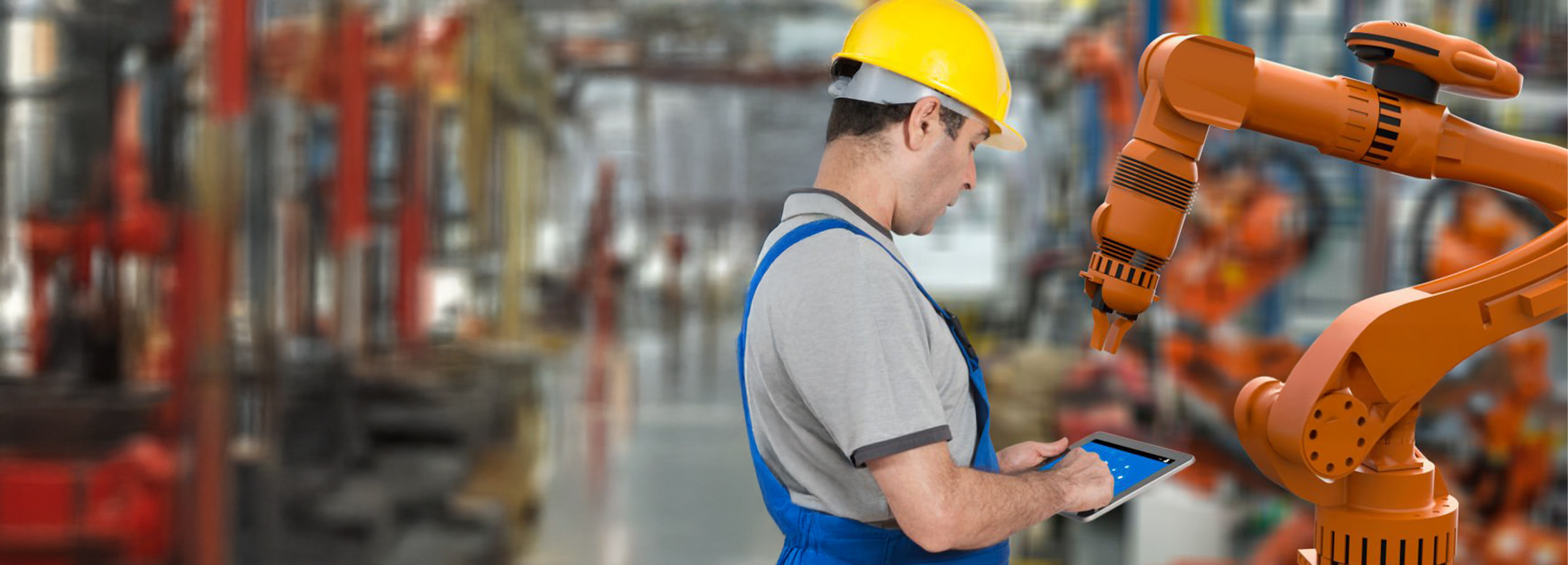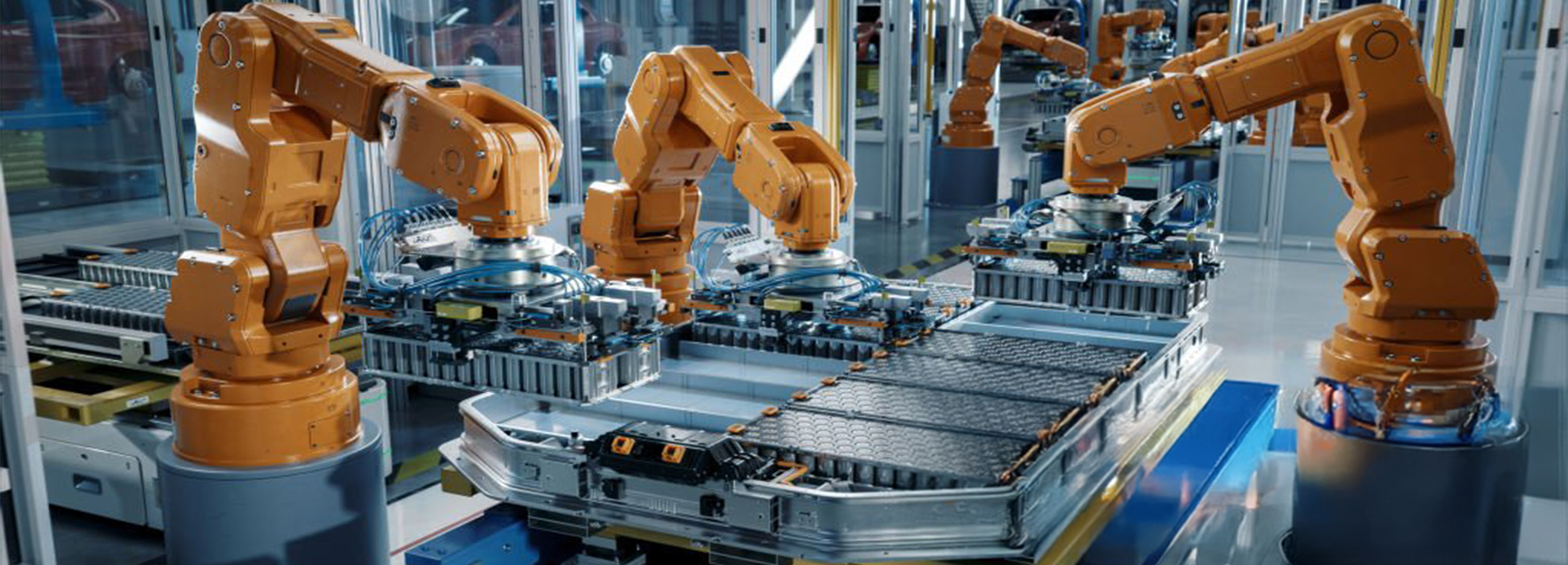Be it any field, today’s innovative technology is literally revolutionizing every industry, and healthcare is no exception. Digital innovation in healthcare is here to stay. Like most industries, healthcare is evolving with new technology.
Technology will transform different aspects of health care including diagnostics, treatments, and delivery of care in the future. Though technology has been the major force behind innovation in every industry, healthcare has been less affected by the rapid growth of technological innovation. However, this is changing.
Innovation in Healthcare
A new era of medicine has just begun in which each person can clearly be defined at an individual level, rather than a population level.
With the help of today’s healthcare technology, we can digitize humans and continuously monitor each patient’s heartbeat, blood pressure, breathing rate, body temperature, blood oxygen levels, blood glucose levels, brain waves, activity, etc.
Here are some of the many technological innovations in healthcare in recent years. Some of them are still being developed, while others are slowly being introduced into mainstream healthcare systems.
Better Hospital Experience
There are many healthcare technology companies that are enhancing hospital stays to keep up with the needs of modern patients. By improving room design, they are removing wasteful redundancy and technological clutter that plague modern healthcare facilities. For seamless integration, these new rooms would feature swappable portions that can easily adapt to the specific situation of a patient. This will have a minimal impact on the operations of the healthcare facility while increasing patient comfort and connectivity.
Artificial Intelligence
AI is an advanced form of machine learning technology in which machines or software obtains the ability to depict the functions of a typical human brain. AI can improve patient outcomes drastically by helping healthcare practitioners in effectively using medical knowledge, thereby providing exceptional clinical and medical solutions. These AI systems will deliver easily accessible, affordable healthcare to all patients.
Advanced Diagnosis and 3D Imaging
With technologies like digital image processing, pattern recognition, and machine learning, AI is steadily improving the procedures and access to reliable and accurate medical image analysis. e.g., a startup called Butterfly Network has built a small AI-powered 3D-ultrasound tool that generates 3D images of the medical image in real-time. The 3D images are automatically sent to a cloud service that identifies the characteristics and automates the diagnosis. AI applications like this are expected to have a larger impact on the overall medical imaging diagnosis market and its growth.
Internet of Things for Healthcare (IoT)
IoT is a rapidly growing technology and has been the talk of the town nowadays. Hospitals can benefit from IoT technology by using real-time location services with badges that can track patients, staff, and medical devices. Numerous groups of internets connected smart devices and solutions are deployed to improve personal health, environment, and productivity through intelligent use of data.
Final Thoughts
With widespread advances in healthcare technology, the way medical records and information are stored and shared is changing. Advanced healthcare technology offers more personalized treatments, earlier diagnoses, and several other benefits for both patients and healthcare professionals.













